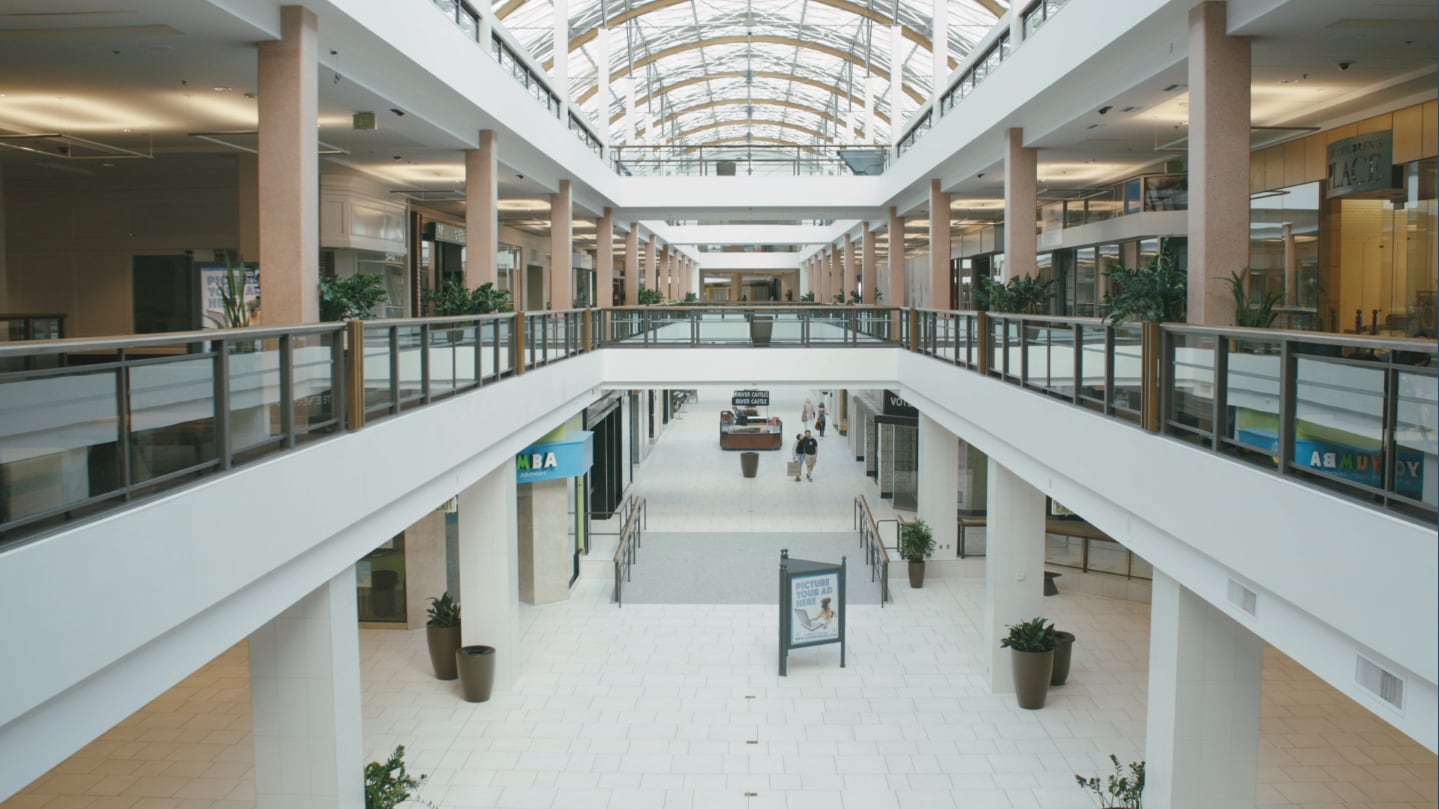As most Portlanders know by now, there’s a lot going on at Lloyd Center—just not necessarily what you’d expect.
Out are department stores, many traditional food court chains, and throngs of shoppers spending all their money. In are comic book shops, nonprofit organizations and music studios. While this independent renaissance has been well-documented in WW and most other local news media, add to the conversation Paula Bernstein and her new documentary, Mall Town.
Bernstein started filming in late 2021 after the mall’s owners announced it was likely to close.
“Older people who had grown up with the mall were crestfallen; it was beyond disappointed,” Bernstein says. “I wondered what was it, initially, and what made it so special.”
Bernstein, who is an entertainment journalist originally from New York, learned about the mall’s 1960 opening as Oregon’s then-largest shopping center. Mall Town begins with all that pomp and circumstance—plus landmarks like the ice rink and Joe Brown’s Carmel Corn—before transitioning to some of its less-expected tenants like Project Lemonade and Floating World Comics.
Mall Town is a short film, with a 10-minute run time. It premiered at the Hollywood Theatre as part of Portland Panorama Film Festival in the spring and has also played at the Hollywood’s Portland International Airport microcinema. It’s now available to watch on YouTube.
Bernstein wrapped shooting at the end of 2024, but much has happened since then, including the demolition of the former Nordstrom to make way for a music venue and many new after-school programs for kids in the mall. One Lloyd Center pop-up, Vera Mysteria’s Food Court 5000 mall-walking movement, has started getting national attention since WW first reported on it in March, ranging from People magazine and The Today Show to the upcoming Sept. 30 episode of The Kelly Clarkson Show.
“It really was the kind of thing that I could have, theoretically, made a feature film about,” Bernstein says. “There’s that much juicy information.”

